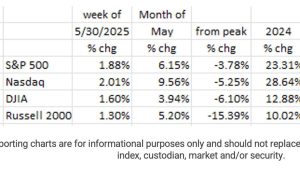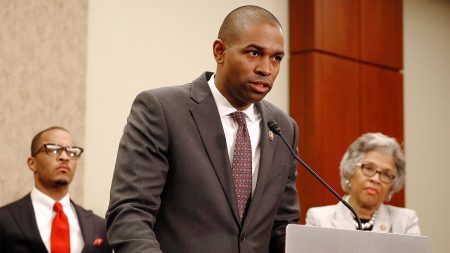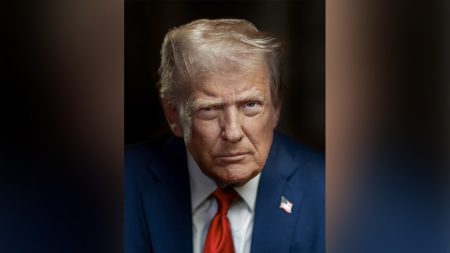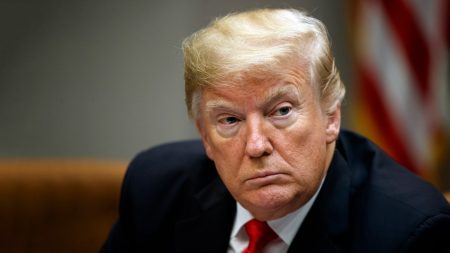Democratic Congressman Rep. Dean Phillips criticized President Biden for pardoning his son, Hunter Biden, despite previously stating that no one is above the law. Phillips accused certain Americans of being above the law and suggested that influence is for sale, calling for action against legalized corruption. Biden issued the pardon for Hunter Biden, who had been convicted in two separate federal cases earlier this year for federal tax charges and felony gun charges. The president defended his decision, claiming that Hunter was targeted because he is his son.
Phillips, who had previously run for the Democratic presidential nomination, pointed out that both Hunter Biden and former President Donald Trump may not have been charged in their criminal cases if they were not political figures. He argued that the abuse of pardoning powers by both Trump and Biden highlights the need for reform. The pardon of Hunter Biden has been met with criticism from Republicans, some Democrats, and the media. Reporters questioned White House press secretary Karine Jean-Pierre about whether Biden and his surrogates had lied to the American people, to which she responded by emphasizing the president’s commitment to honesty.
The issue of the pardon has raised concerns about the integrity of the presidential administration and the principles of accountability and transparency. Critics have questioned Biden’s decision to pardon his son despite his previous statements against such actions, highlighting the need for clarification and justification from the president. The controversy surrounding the pardon has ignited a debate over the abuse of pardoning powers by political figures and the implications for justice and ethical standards. The widespread criticism of the pardon underscores the importance of addressing potential conflicts of interest and ensuring equal treatment under the law.
The pardon of Hunter Biden has reignited discussions about the role of influence and privilege in the legal system and the accountability of those in positions of power. Calls for reforming the pardoning process and strengthening oversight mechanisms have gained momentum in response to the perceived abuse of authority by political figures. The controversy surrounding the pardon reflects broader concerns about the erosion of public trust in government institutions and the need for greater transparency and accountability in decision-making processes. The impact of the pardon on public perception of the Biden administration and the implications for future presidential actions remain subjects of ongoing debate and scrutiny.










